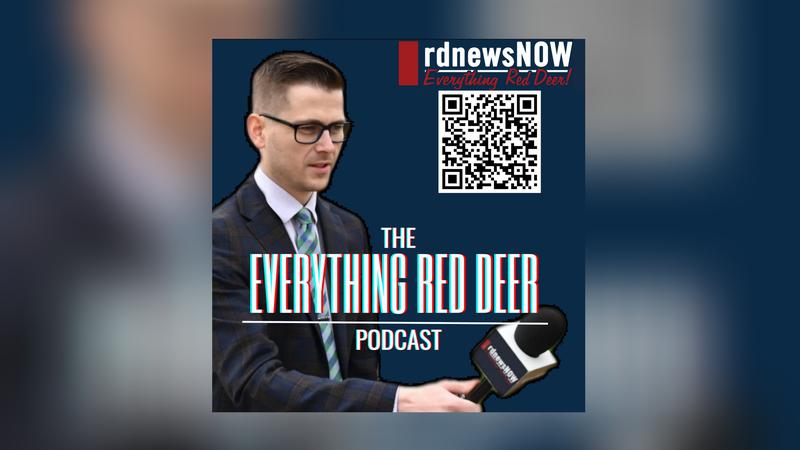
Sluggish economy expected for 2020: ATB economist
The chief economist at ATB Financial is encouraging central Albertans to stay focused on the big picture as the province works its way through an anticipated sluggish economy this year.
Speaking at a luncheon hosted Wednesday by the Red Deer and District Chamber of Commerce, Todd Hirsch says we tend to get wrapped up in the ‘here and now’ and sometimes lose sight of the larger scale issues.
“Trends around how we build and strengthen our communities for an economic reason, trends around changes in employment, and what does a job look like in the future,” he highlighted. “Then also, geo-political situations around the world right now. They are likely to change over the next 10 years and where does that leave Canada and Alberta in a playing board that’s shifting a lot?”
Regarding the first mega-trend of the economics – Community – Hirsch says people have become disconnected.


